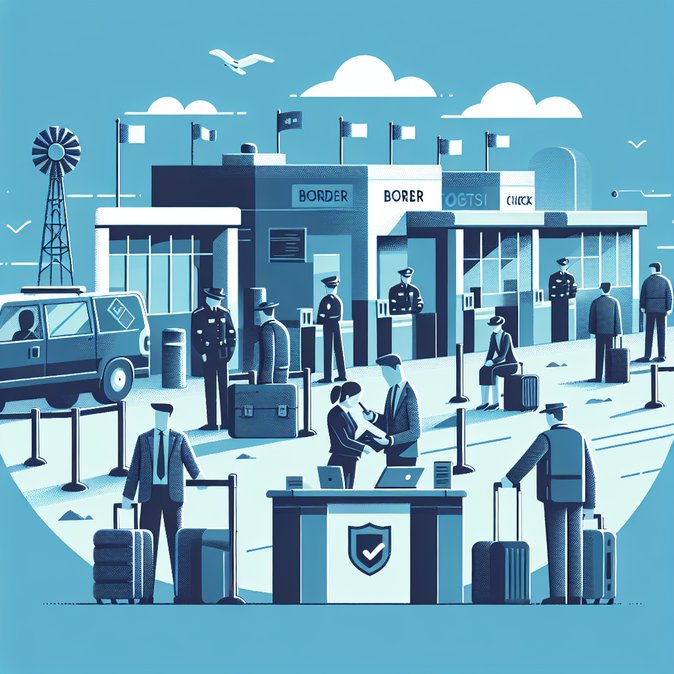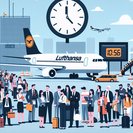
Germany’s re-imposed internal Schengen controls are still making headlines. Early on 26 November, Bundespolizei officers screening traffic on the A61 near Kempen arrested a 24-year-old Bulgarian driver wanted on a Duisburg warrant for hit-and-run. The man paid a €900 fine on the spot, avoiding a 15-day custodial sentence, and was allowed to continue his journey. Later in the day officers at the Elten motorway crossing intercepted a 38-year-old Romanian presenting a forged Lithuanian licence.
The two cases underscore the government’s argument that targeted border checks remain necessary to curb irregular migration and cross-border crime. Originally introduced in October 2024 on the Polish, Czech and Swiss frontiers, the controls were extended to selected Dutch crossings this summer and most recently to the Luxembourg corridor.
![Border Checks Along A61 Snare Wanted Offenders as Germany Maintains Temporary Controls]()
For business travellers, the practical impact is modest but real: coach and car journeys may be delayed by ad-hoc stops, and passengers must carry valid passports or national ID even when travelling within Schengen. Mobility managers organising road assignments or supplier visits near the frontier are advised to build extra buffer time into schedules and remind staff of documentation rules; photocopies or digital scans are not sufficient.
Logistics operators report additional costs from queues at freight checkpoints, with some just-in-time deliveries to German plants now routed via alternative corridors. Industry groups continue to press Interior Minister Dobrindt for clearer criteria on when the controls will be phased out, noting that the EU Council still requires proportionality reviews every six months.
Political analysts expect the measures to remain at least through spring 2026, given upcoming state elections and ongoing negotiations over EU asylum reform.
The two cases underscore the government’s argument that targeted border checks remain necessary to curb irregular migration and cross-border crime. Originally introduced in October 2024 on the Polish, Czech and Swiss frontiers, the controls were extended to selected Dutch crossings this summer and most recently to the Luxembourg corridor.

For business travellers, the practical impact is modest but real: coach and car journeys may be delayed by ad-hoc stops, and passengers must carry valid passports or national ID even when travelling within Schengen. Mobility managers organising road assignments or supplier visits near the frontier are advised to build extra buffer time into schedules and remind staff of documentation rules; photocopies or digital scans are not sufficient.
Logistics operators report additional costs from queues at freight checkpoints, with some just-in-time deliveries to German plants now routed via alternative corridors. Industry groups continue to press Interior Minister Dobrindt for clearer criteria on when the controls will be phased out, noting that the EU Council still requires proportionality reviews every six months.
Political analysts expect the measures to remain at least through spring 2026, given upcoming state elections and ongoing negotiations over EU asylum reform.










